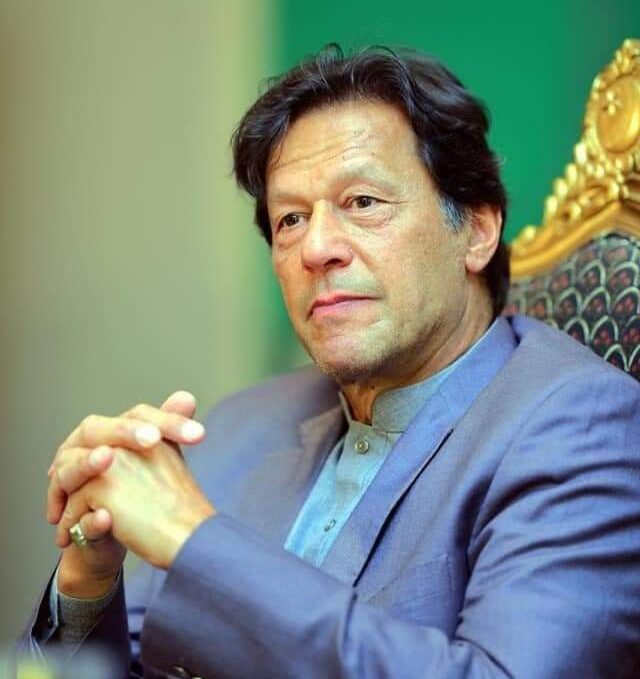The political landscape of Pakistan continues its convoluted narrative, unwaveringly adhering to a tiresome and predictable script. Imran Khan, the chairman of Pakistan Tehreek-e-Insaf (PTI), finds himself entangled in this drama. Recently, he has been declared guilty of “corrupt practices,” leading to his disqualification as a representative of the Pakistani people. Moreover, a fine of Rs100,000 and a three-year jail sentence have been imposed, seemingly as an added measure.
However, the gravity of Mr. Khan’s alleged misdeeds pales in comparison to the stringent consequences he now faces. This echoes the experiences of previous prime ministers such as Shahid Khaqan Abbasi, Nawaz Sharif, Benazir Bhutto, Zulfikar Ali Bhutto, and Hussain Shaheed Suhrawardy. A common thread runs through their narratives: accusations that failed to stand the test of time, rendering the severity of their punishments incongruent with the alleged offenses.
In the case of Imran Khan, the apparent crime of inadequate declaration of received gifts seems trivial, especially when juxtaposed with the repercussions. This situation draws parallels with Nawaz Sharif’s political aspirations thwarted by a dispute over an unpaid salary. In neither instance does the punishment align with the perceived wrong.
Acknowledging that Mr. Khan’s non-compliance with the Election Commission of Pakistan’s asset declaration rules was an oversight, it’s noteworthy that extensive coverage of Toshakhana records exposes a general lack of meticulous adherence among those who received gifts in official capacities. Thus, the disproportionate sentencing of Imran Khan appears unjust when considered in this context.
Further raising concerns are the trial’s procedural irregularities and the seemingly rushed judgment. While Mr. Khan retains the right to appeal the sentence, the potential damage may already be inflicted by then.
The pertinent question emerges: why does the Pakistani state intermittently subject popular leaders to such public humiliation while more grievous offenses often go unpunished? The incongruity is striking, especially given the recent disregard for a constitutional mandate to conduct timely elections. The lack of consequences for this violation casts a shadow over the state’s priorities.
Ultimately, the fate of a politician rests within the hands of their constituency. Neither Nawaz Sharif nor Benazir Bhutto became obsolete due to technicalities, and Imran Khan is likely to follow suit. The efficacy of this harsh approach to leaders has faltered before and threatens to further erode an already fragile social contract.


